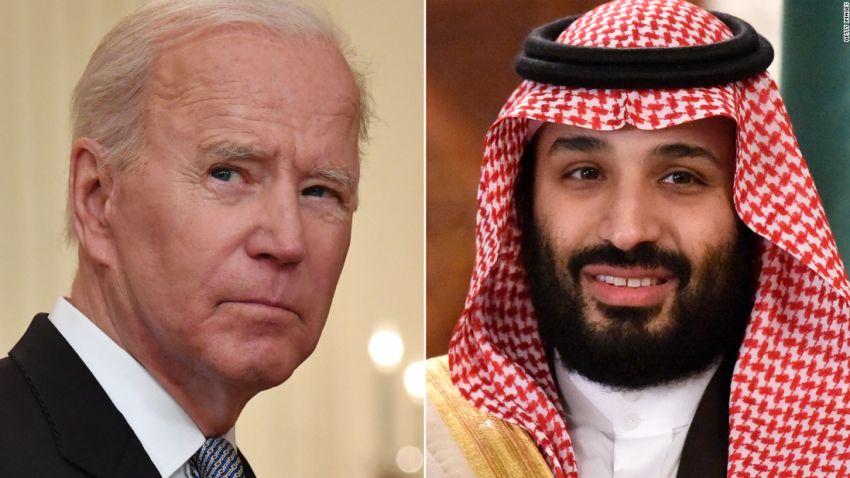Oil prices spiked Monday after OPEC+ producers unexpectedly announced that they would cut output.
Brent crude, the global benchmark, jumped 5.31% to $84.13 a barrel, while WTI, the US benchmark, rose 5.48% to $79.83. Both were the sharpest price rises in almost a year.
The oil prices sunk as low as $73 and $67 a barrel respectively in the week following the collapse of Silicon Valley Bank in the United States on March 10, as the turmoil spread to the wider banking sector, raising fears of a global recession.
With oil prices now rising, inflation could remain higher for longer, adding pressure to a hot-button issue for consumers around the world.
“The development comes as a blow for inflation,” Sophie Lund-Yates, lead equity analyst at Hargreaves Lansdown, said in a note Monday. “Markets are aware that if the pressure continues, central banks will need to extend or strengthen their interest rate hiking cycles.”
On Sunday, Saudi Arabia said it would start “a voluntary reduction” in its production of crude oil, alongside other members or allies of the Organization of the Petroleum Exporting Countries (OPEC).
The cuts will start in May and last through the end of the year, an official with the Saudi Ministry of Energy was quoted as saying by Saudi state-run news agency SPA.
The reductions are on top of those announced by OPEC+ in October, according to SPA.
That month, oil producers agreed to slash output by 2 million barrels a day, the largest cut since the start of the pandemic and equivalent to about 2% of global oil demand.
Saudi Arabia now says it will cut oil production by another half a million barrels a day.
Meanwhile, Iraq will slash production by 211,000 barrels per day, and the United Arab Emirates will decrease output by 144,000 barrels per day.
Kuwait, Algeria and Oman will also lower production by 128,000, 48,000 and 40,000 barrels per day, respectively.
Shares in oil giants rose Monday, with Shell (SHLX) up 4.21%, BP (BP) 4.64% higher and France’s TotalEnergies up 4.56%.
Pre-emptive measure
In a note Sunday, Goldman Sachs analysts said the OPEC+ move was unexpected but “consistent with the new OPEC+ doctrine to act pre-emptively because they can, without significant losses in market share.”
The collective output cut by the nine members of OPEC+ totals 1.66 million barrels per day, the analysts said. They increased their price forecast for Brent this December to $95 per barrel.
Saudi Arabia’s energy ministry described its latest reduction as a precautionary measure aimed at supporting the stability of the oil markets, according to SPA.
The White House pushed back on that notion — as well as the latest cuts by OPEC+.
“We don’t think cuts are advisable at this moment given market uncertainty — and we’ve made that clear,” a spokesperson for the National Security Council said. “We’re focused on prices for American consumers, not barrels.”
In October, OPEC+’s decision to cut production had already rankled the White House.
US President Joe Biden pledged at the time that Saudi Arabia would suffer “consequences.” But so far, his administration appears to have backed off on its vows to punish the Middle East kingdom.
Russia, a member of OPEC+, also said Sunday that it would extend a voluntary reduction of 500,000 barrels per day until the end of 2023. The move was announced by Russian Deputy Prime Minister Alexander Novak, as cited by Russia’s state-run news agency TASS.
That decision was less surprising. Goldman analysts said they had forecast the cut would last into the second half of the year.
— CNN’s Hanna Ziady and Arlette Saenz contributed to this report.








